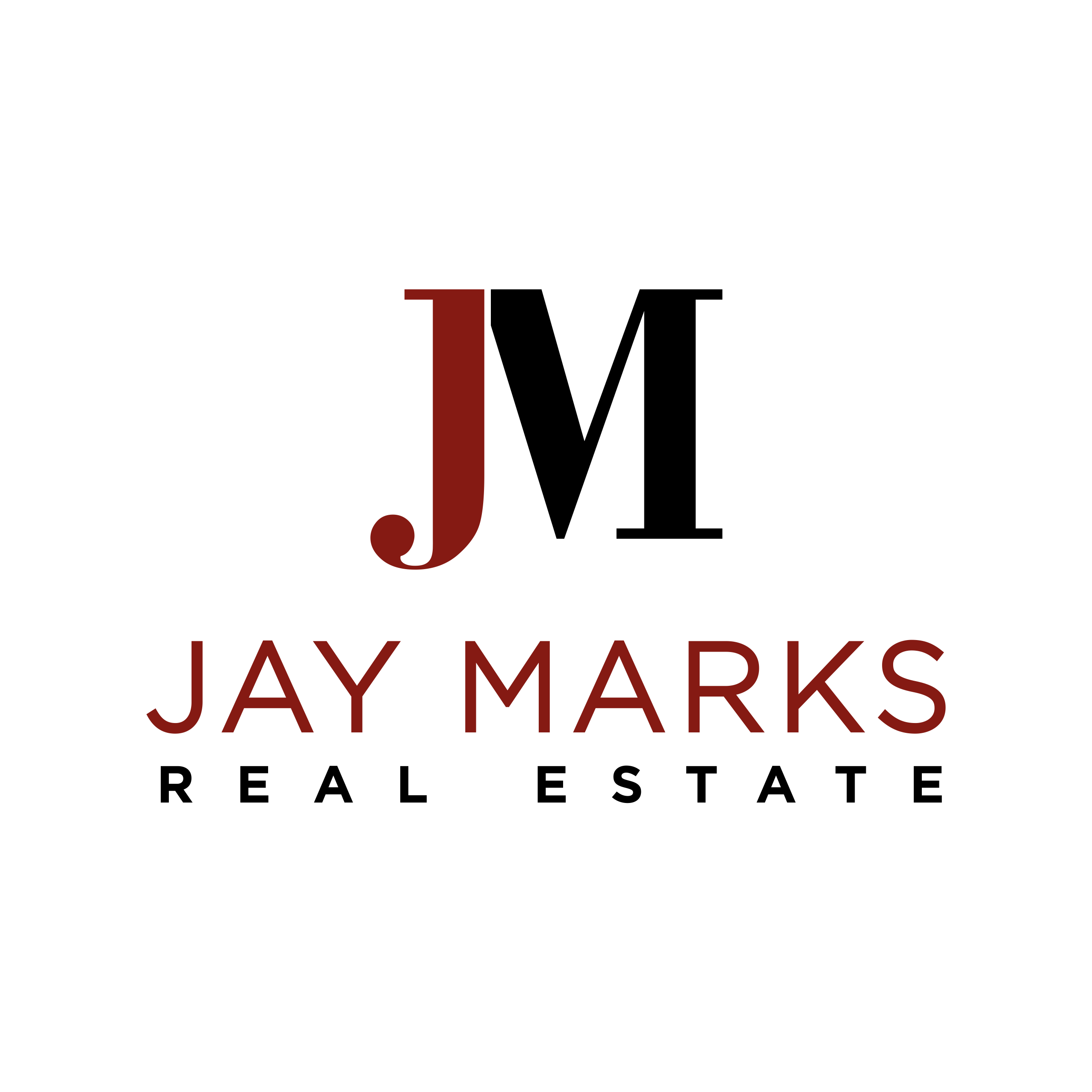How to Start Your Online Home Search
After lots of thinking and many conversations with those you trust, you’re ready to start your home search. Then what comes next? You just head to the Internet and find the perfect home for you, right? Well, not quite...
If you're not sure exactly what you're looking for, it can be easy to find a lot of homes that look great but may not actually be the best fit for your needs or your budget. Or you may even be looking at homes that aren't even on the market anymore thanks to websites like ones that rhyme with "Pillow."
So, before you start that online home search, here are some steps we recommend you take to get you pointed in the right direction.
Figure out your budget
If you don't first figure out what your budget is, you could be quickly setting yourself up for disappointment. And there are a lot of different factors that go into what mortgage you can actually afford (like interest rates, length of loan term, private mortgage insurance, HOA fees, etc.).
Here's how to get the most accurate picture of the home price you can afford:
Calculate your debt-to-income ratio.
Instead of calculating based on a home’s price, go backwards by calculating what you can afford based on your current budget. Calculate all sources of income and divide by 12, then calculate your average monthly expenses (minus rent because you obviously won't be paying that any more after you buy a house). Subtract your expenses from your income then divide the leftover amount in half. Consider this amount your maximum monthly budget for your mortgage payment.
Base your purchase price on your down payment.
When possible, we recommend our buyers go with a conventional mortgage because it allows you to bypass the additional cost of private mortgage insurance (an extra cost if you put less than 20% down on a home). So, base your calculations off of being able to put 20% down to start. As an example, if you have $60,000 available for a down payment, then you can afford a $300,000 home.
Figure out a reasonable price range based on your budget and your market
Once you have your budget figured out, figure out how that works with prices in your market. If your price range is only bringing up minimal results, you may want to consider looking in areas close by that may have lower sales prices.
Also keep in mind what kind of market your area is in currently. If you're in a buyers market, a seller might consider an offer below asking price. If you're in a sellers market, you may need to go above asking price for your offer to even be considered.
*Pro Tip: When it’s time to input your price range into a real estate search engine, end it as an “odd” amount. For example, setting a threshold of $309,000 instead of $300,000. You might luck out and find a home with a list price of $303,000 or $307,000 and could make up the extra costs with other asks (like repairs or a credit for closing costs).
FEATURED LISTINGS
Get instant access to the latest properties to hit the real estate market.
Get Pre-Qualified or Pre-Approved with a lender
We always ask our buyers to get pre-qualified or pre-approved with a mortgage lender before we actually start looking at homes. In a competitive market, it's almost a necessity to have at least a pre-qual letter to even have your offer considered.
What does getting pre-qualified look like? You'll provide some basic information about your income, debt, credit score, etc. for the lender to determine if they think you're a candidate to receive a loan in the price range you're interested in.
If you want to look like a REALLY serious buyer, we recommend a full-in pre-approval which requires a little more work upfront, but pays off especially if you're in a multiple-offer situation.
You’ll give a lender documentation relating to income (pay stubs, tax records and all info about any other assets) and debts, which will then be verified. If you clear these hurdles, your lender will give you a pre-approval letter which basically means you’re ready to go when it comes to getting a mortgage.
Hire a Realtor
Really, this step could come into play at any point in the process. We believe it makes your life easier if you involve a professional Realtor from the beginning because they can help you determine a realistic budget based on the market and your qualifications. They can also help set you up with a mortgage professional who can walk you through what you can afford further and can provide you with that pre-qualification or pre-approval.
But a Realtor definitely comes in handy once you're ready to start looking at homes seriously. They can help you set up home searches based on your budget and needs. They can schedule showings to show you properties and find out information from the listing agent. And they can negotiate on your behalf to get you what you need to make the sale work.




.jpg?w=128&h=128)